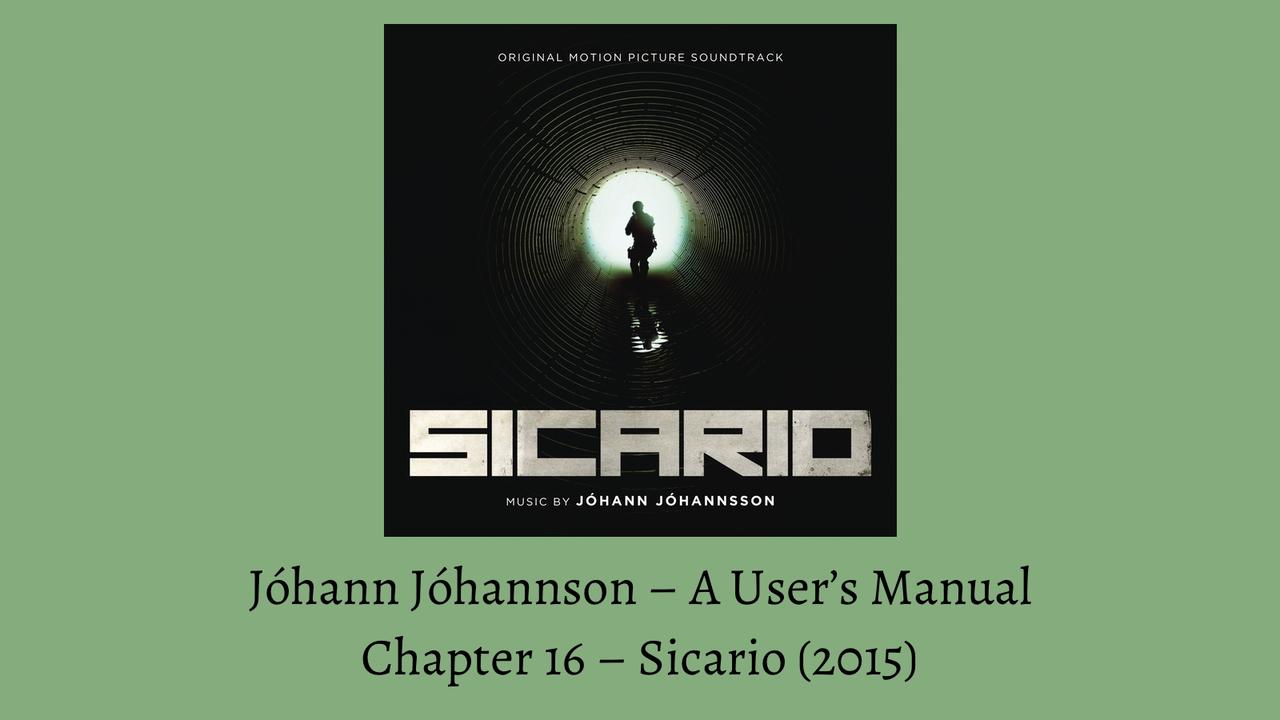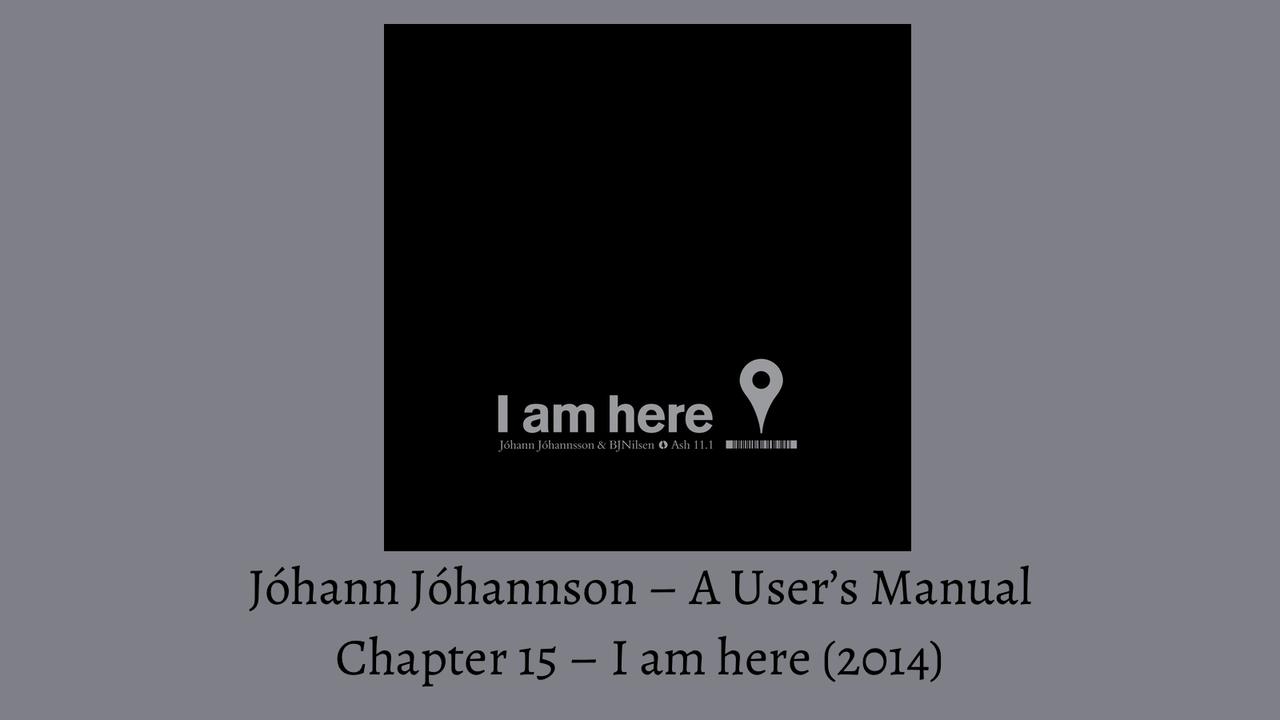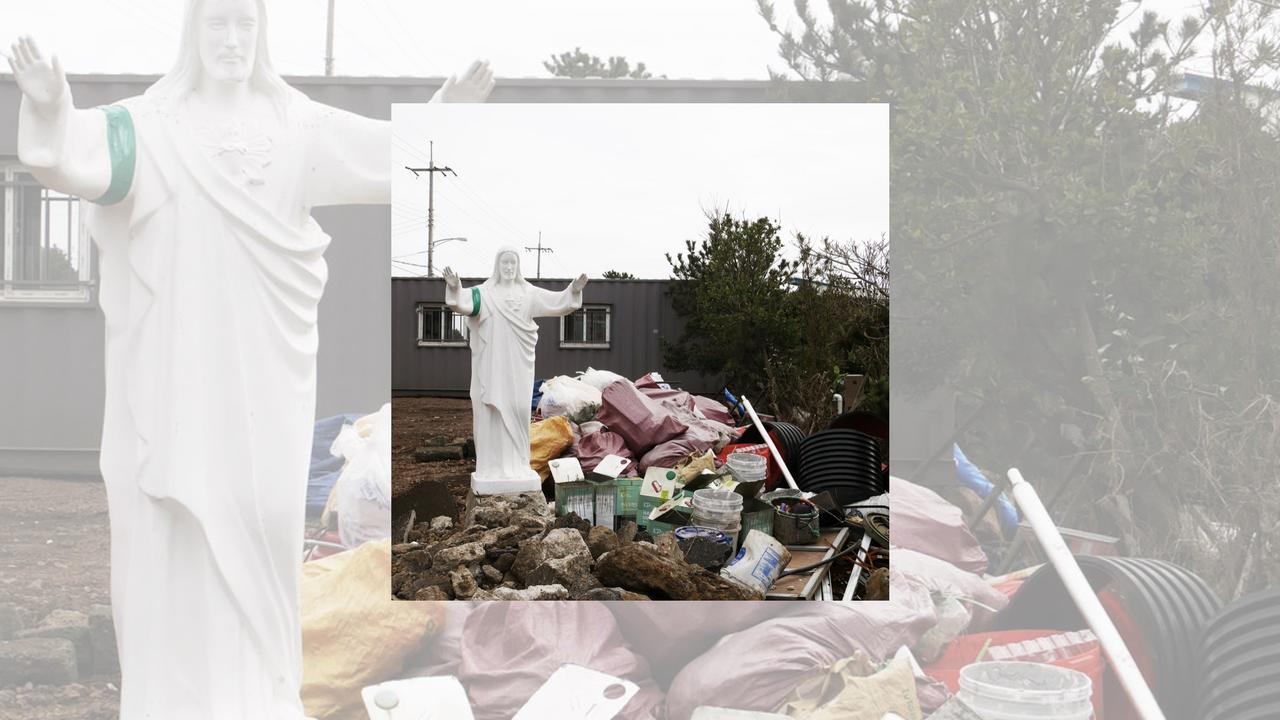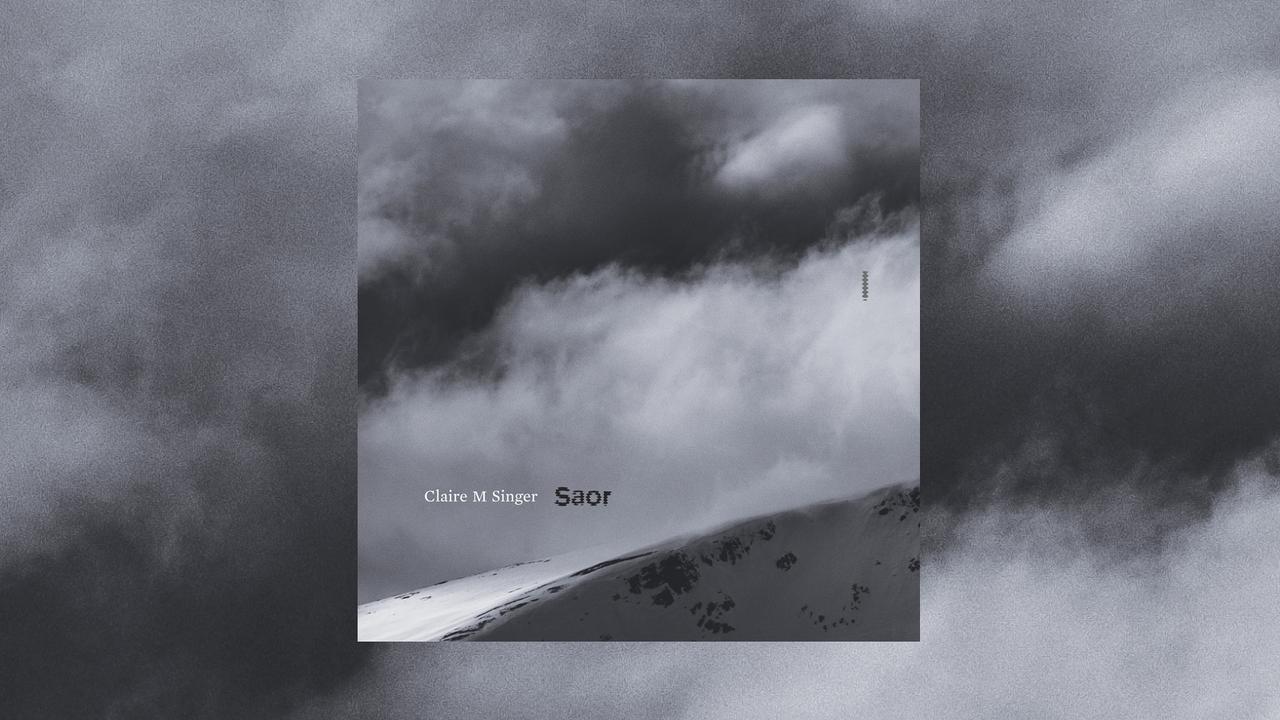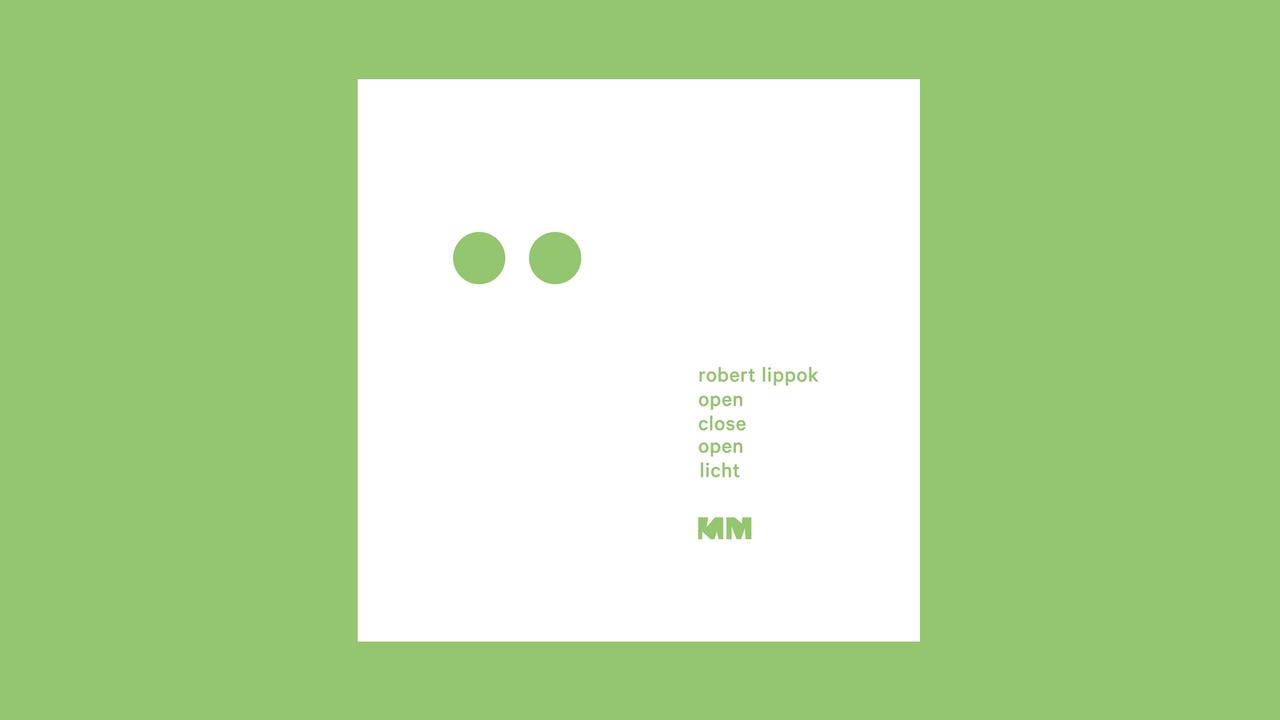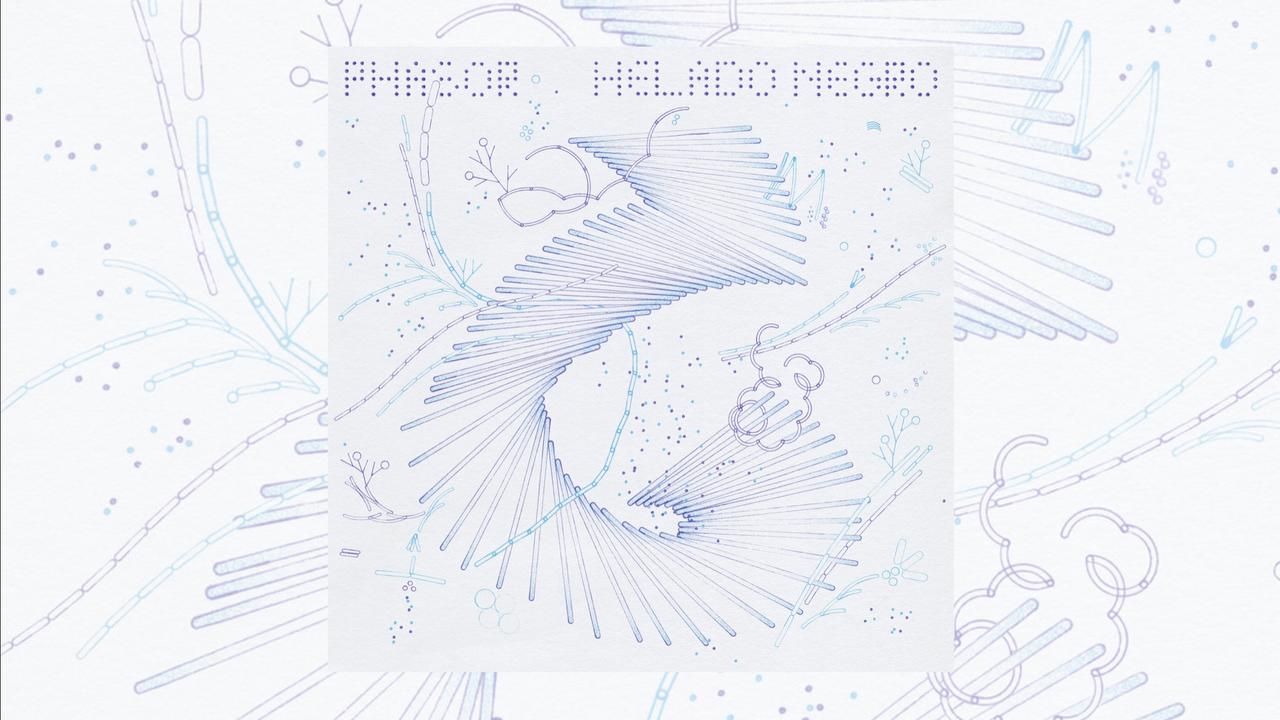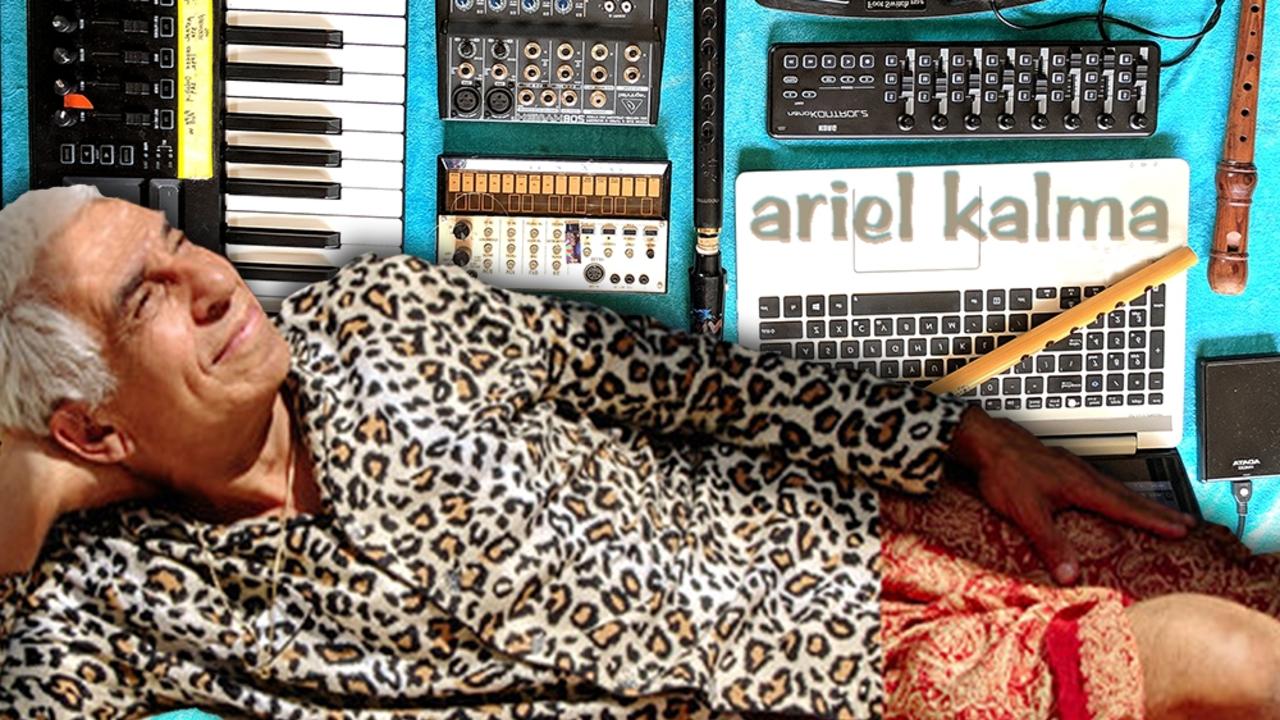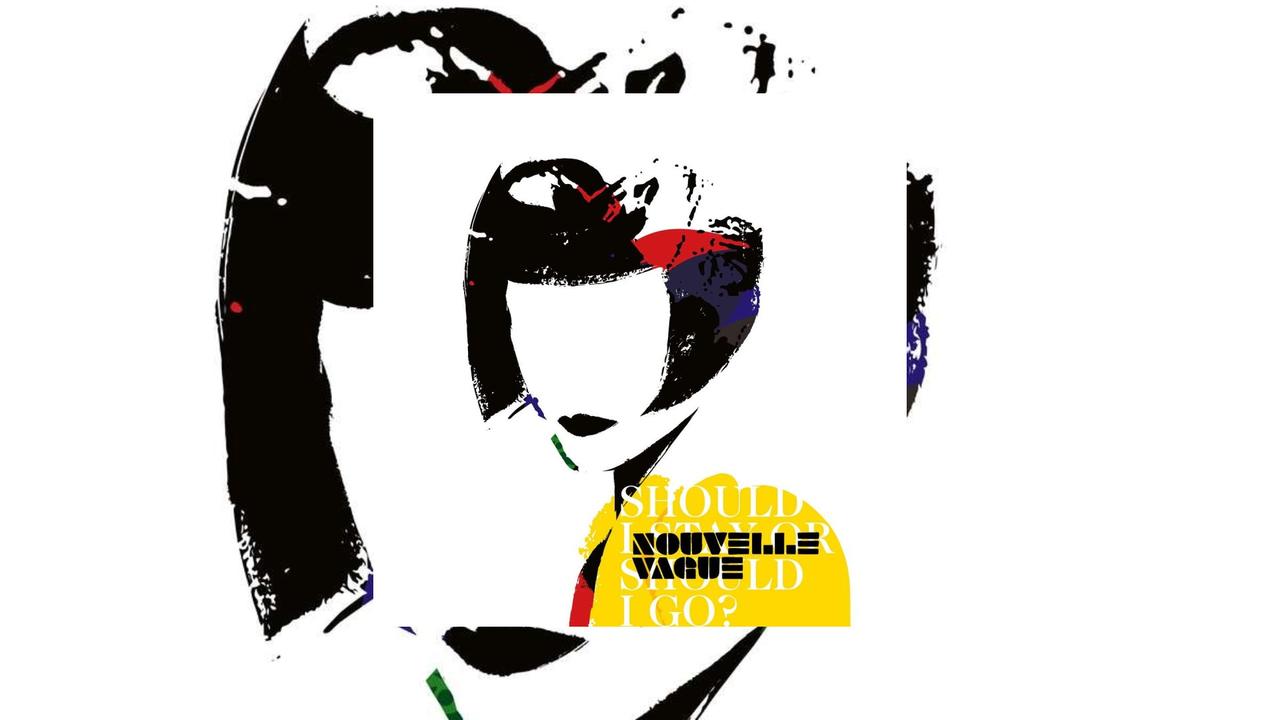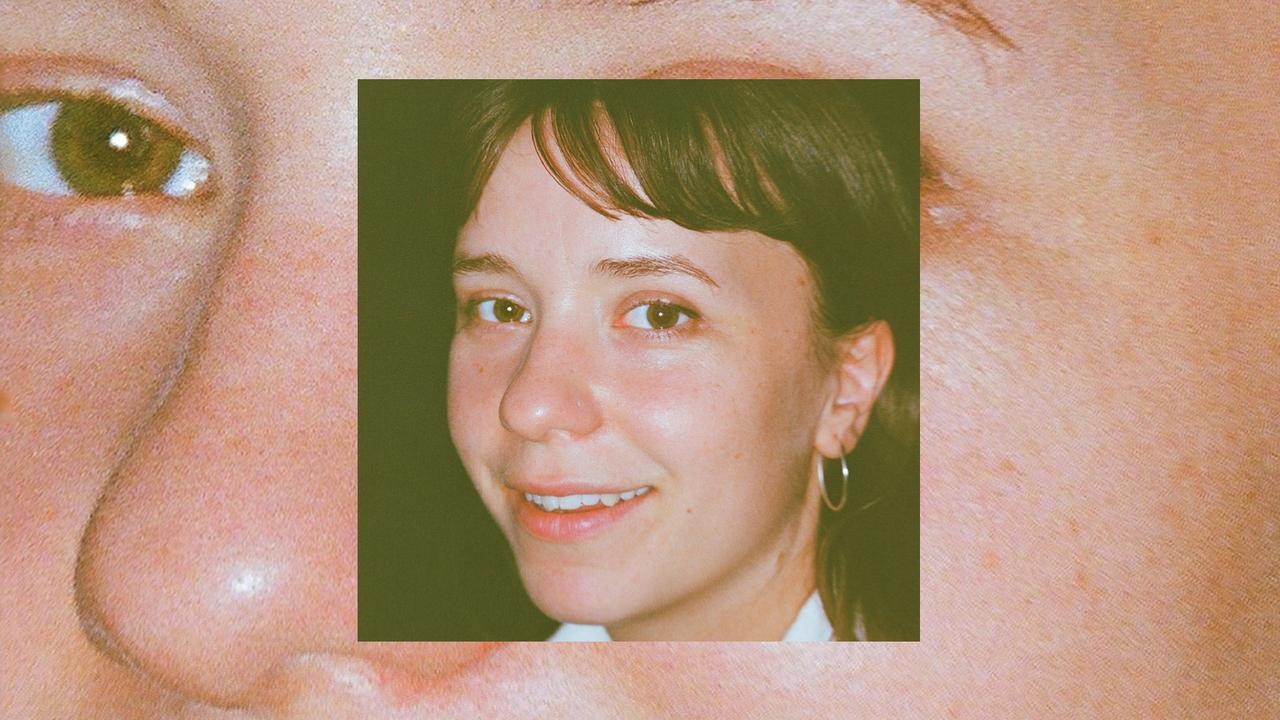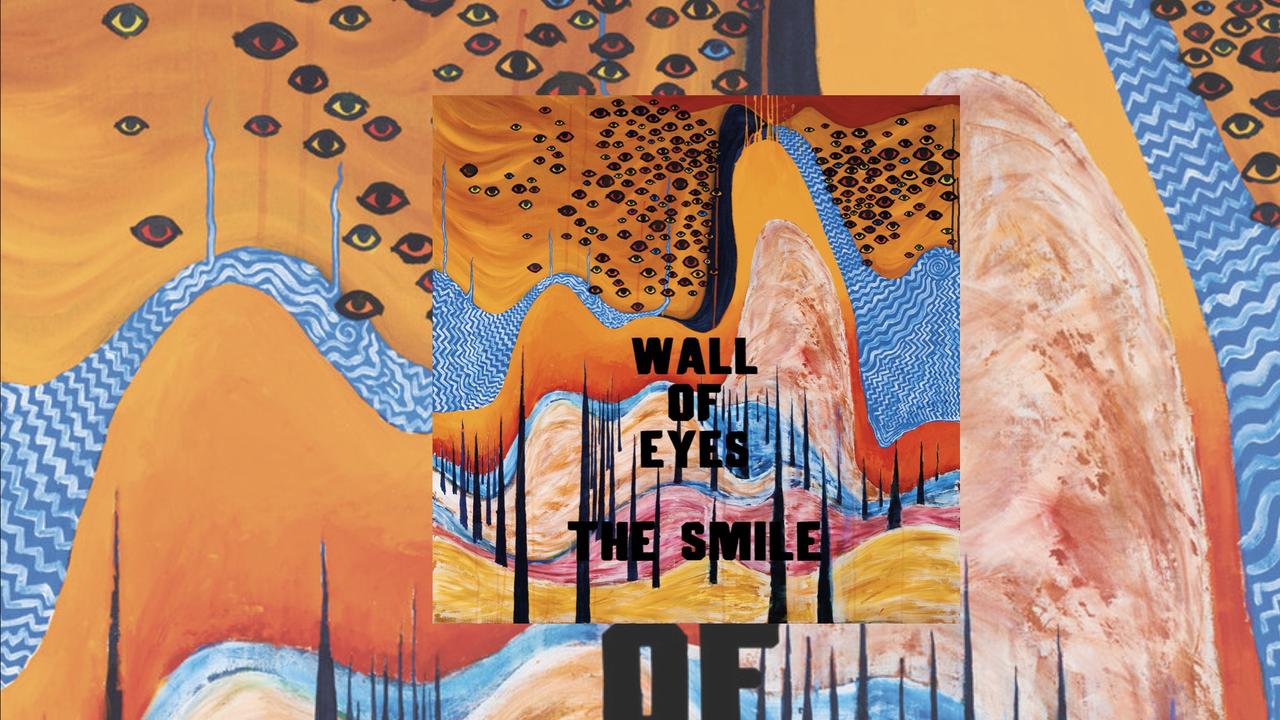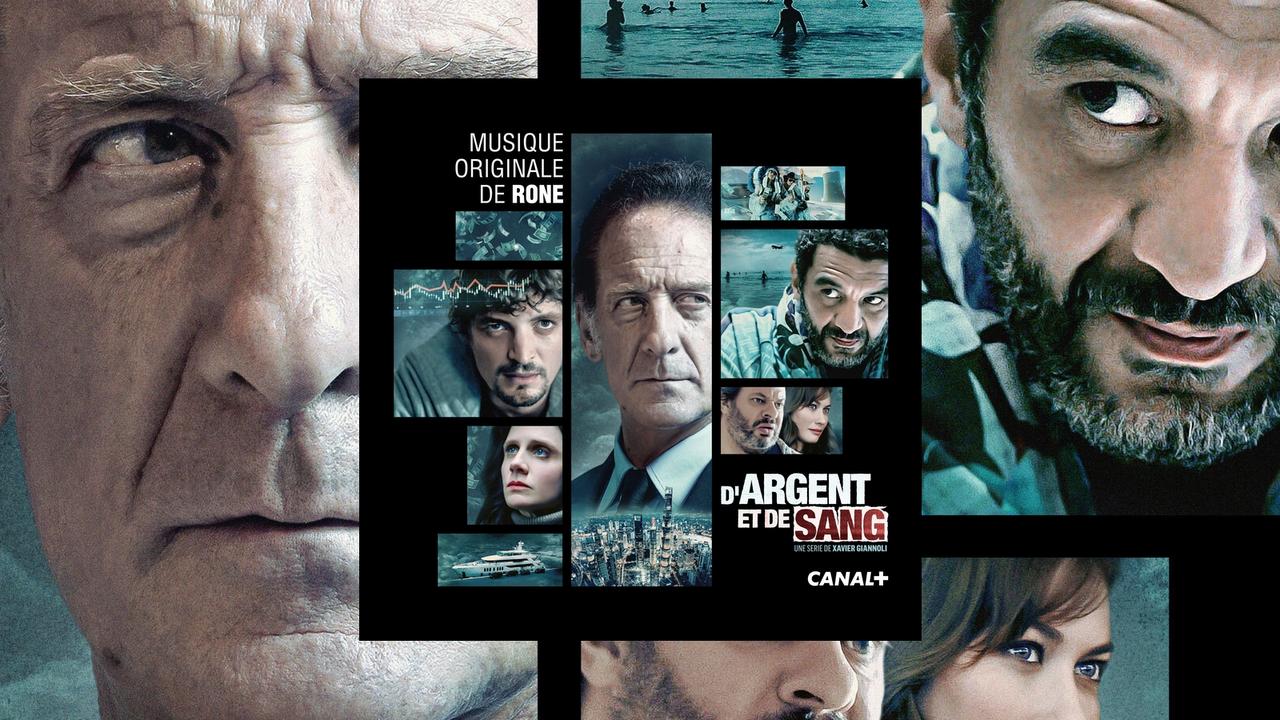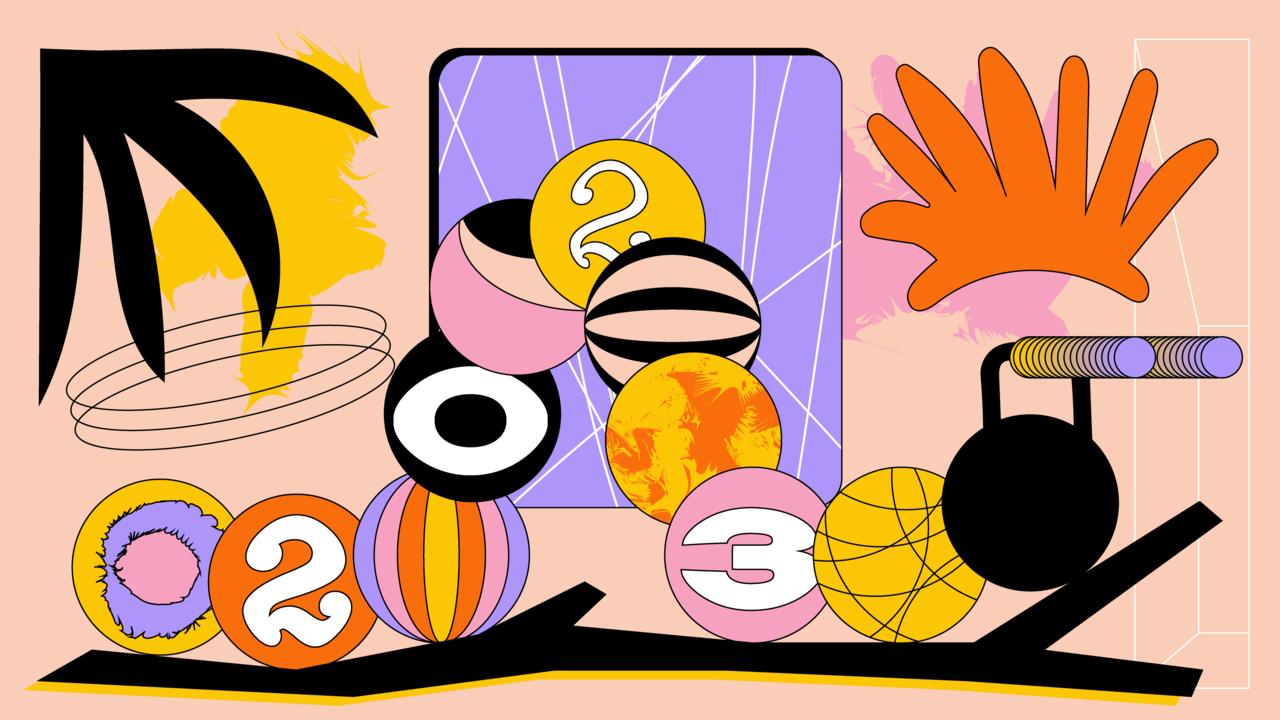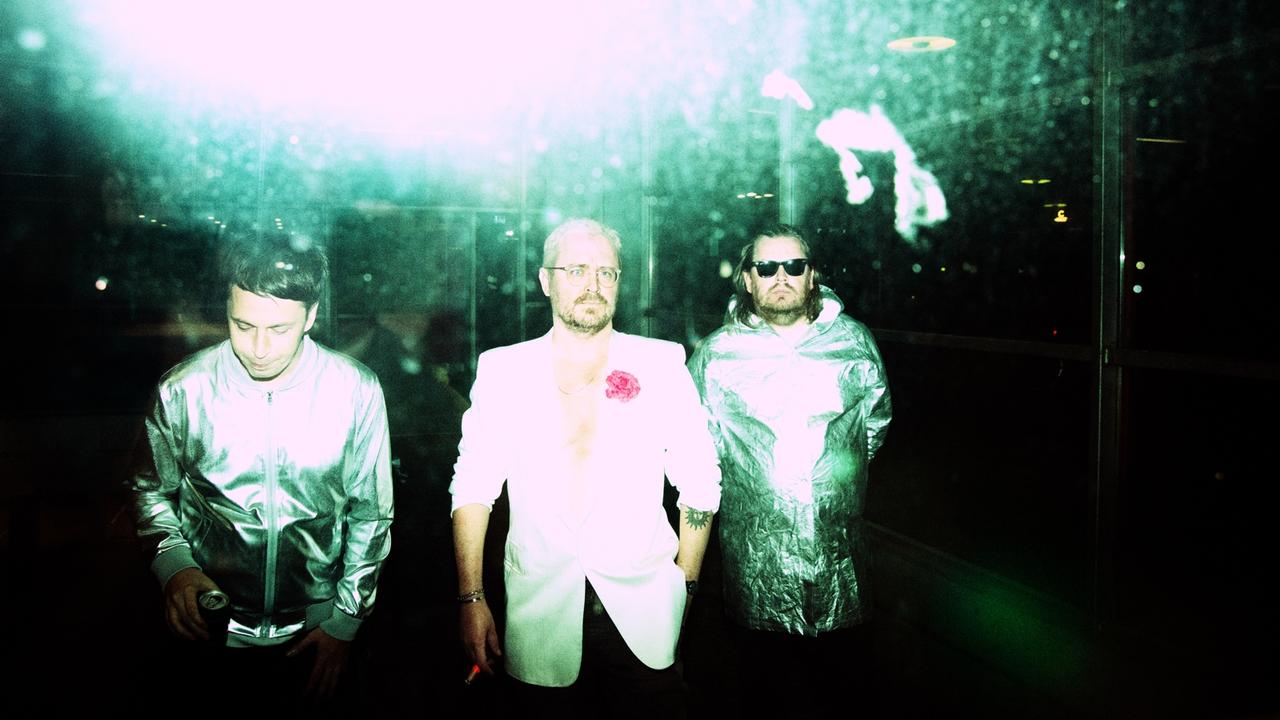Jóhann Jóhannsson – A User’s ManualChapter 17 – Jóhann Jóhannsson (with Hildur Guðnadóttir & Robert Aiki Aubrey Lowe) – End Of Summer (2015) – English
7.3.2024 • Sounds – Conversation: Kristoffer Cornils, Thaddeus Herrmann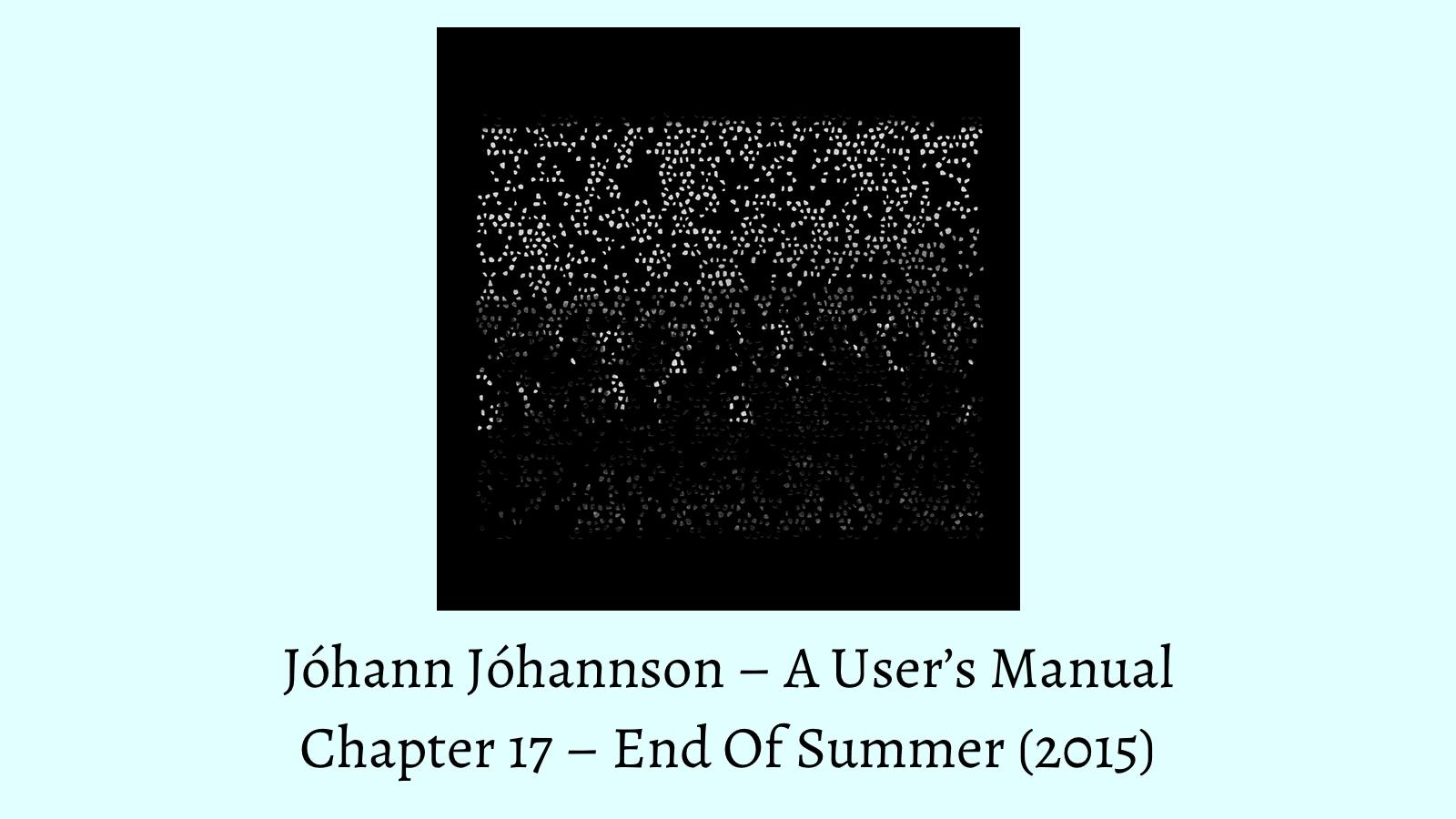
Jóhann Jóhannsson has released well over 20 albums over the course of his career. Who knows how much material that could be released posthumously is still gathering dust at this point in time. Kristoffer Cornils and Thaddeus Herrmann regularly review the composer's work—chronologically, album by album. In the 17th episode, they discuss "End of Summer", for which Jóhannsson not only wrote the soundtrack together with Hildur Guðnadóttir and Robert A.A. Lowe. It also marks his debut as a filmmaker.
Deutsche Version? Hier klicken/tippen.
When the half-hour film "End of Summer" was released in 2014, Jóhann Jóhannsson had already been active as a soundtrack composer for a good decade. However, this project was special because this time he was behind the camera himself. He used Super 8 footage that he had shot on the island of South Georgia and in the Antarctic. We mainly see penguins, sometimes waddling, sometimes crouching and staring into the distance, but also other flora and fauna from an area where humans are rarely—for good reason. The film is not only shot in black and white, but also relies on an antiquarian aesthetic, as known from classics such as "Nanook of the North".
In short, "End of Summer" is an impressionistic film, which Jóhannsson soundtracked together with his long-time musical partner Hildur Guðnadóttir and Robert A.A. Lowe aka Lichens. Gesamtkunstwerk incoming! The album was released—on CD with a DVD supplement of the film and on vinyl with a bonus field recordings track—at the end of 2015 on Monique Recknagel's ever-reliable Sonic Pieces label, shortly before Jóhannsson got on board with Deutsche Grammophon for most of his releases in following years. All in all, we are dealing with a small but decisive turning point in his work.
Kristoffer: Over the past 12 to 18 months, I've become something of a cinephile. I've always liked films as a medium, but now I also love cinema—which is not the same thing. I have a more in-depth basic knowledge of and therefore a completely different appreciation for filmmaking and can appreciate and enjoy image composition, editing techniques and so on in a way that I couldn't before. This makes me think that I should watch "End of Summer" again. The first and so far last time I tried this was about two years ago, emphasis on tried: I closed the MUBI tab after 15 minutes because I was just too bored. I was watching this ... can we even call it a documentary film? Be that as it may, I didn't recognise anything interesting in it. Maybe I would feel differently today.
However, I doubt it. Rather, I have new empathy for those with whom I talk about Jóhannsson's work and who then say: "It's okay, but somehow too kitschy, safe, smooth." We both know that this is nonsense, because beneath the supposed kitsch lie abysses as deep as a Mariana Trench, into which we are only too happy to jump, knowing that we will come out of it with bloody knees. But "End of Summer" and "Last and First Men", one of his last projects, which was based on a film of his that was recently shown at the CTM Festival with an added dance performance, make the same impression on me as others have of his music: lots of beautiful surfaces, lots of things that simply work well in their iconography (penguins here, brutalist buildings there), yet ultimately little content. However, not everything that is impressionistic is also impressive.
Jóhannsson's films don't have to do that, perhaps the artist's production intentions and the reception attitude of the new cineaste, which I am now, are simply not compatible. Nevertheless, "End of Summer" works better for me as an album, and I find the bonus material almost more beautiful than the actual music. But enough about me. Thaddi, why don't you tell me first: what do you think of Jóhannsson as a filmmaker - and how did he do for you as a (co-)composer on this short soundtrack?
"The interplay between the three musicians sounds very streaky, especially in the first part, which indicates a lot of sediment under the surface. Just perfect."
Thaddi: I actually thought while preparing for our conversation that I had never watched the film. But that's not true, I had simply forgotten about it. Which is remarkable, because I'm not only 100% team Jóhannsson, but also 100% team Penguin. After skipping through the movie, I can't help but put the "Random" sticker on the film can. There's a parallel here to "Last and First Men", which I wrote about on the occasion of its Berlinale screening in 2020: "The music is insanely great. But the 70-minute-long images are more for those who find concrete really erotic." You may already have guessed the second parallel, because I feel the same way about "End of Summer" as you do: I like the music much, much more than the film.
For whatever reason, "Pt. 1" makes me think of Gavin Bryars' "The Sinking Of The Titanic", though I can't really explain why. Perhaps it's the fresh insight gained from the film, which is set on and in the water. I've never been to Antarctica, but I imagine the water there to be extremely clear. That's exactly what I don’t hear on this album, quite the opposite. The interplay between the three musicians sounds very streaky, especially in the first part, which indicates a lot of sediment under the surface. Just perfect. However, the whole thing clears up over time, which again seems just right to me. Because in terms of composition, this album is—as you quite rightly referenced—as deep as the Mariana Trench. And that despite the complete reduction. I like the silence, which is in the foreground for long stretches. I like the vocal structures, which radically change colour despite their shyness. And I like the almost caramelised humility of the record, despite the reverberant flare in "Pt. 3", which is actually only cleverly faked.
Kristoffer: Bryars was a late yet incisive discovery on my part thanks to that massive Obscure compilation that hit the shops in time for Christmas last year. However, I don't know whether I would go along with the comparison musically. There might be ... some sort of a ... shared vibe? Let's call it that for now. I actually find it interesting how drone-fixated this album is in comparison to previous Jóhannsson works. Of course, working with sustained tones, rich textures and the medium of time has always played a major role for Jóhannsson. But it was usually relegated to the background. Now, however, it is very present, very impressive—quite different from the homeopathically whirring film that all this is supposed to orchestrate. This may be due to the fact that it's not just a Jóhannsson album: Guðnadóttir and Lowe's respective roles are mentioned for a reason. Their contributions are, I think, noticeable, and not just at the performance level. They have inscribed themselves in the overall style of these four pieces.
Jóhannsson emphasises that in the liner notes. According to him, the album would not have come about without the two. He travelled around with an ancient camera—equipped with an ancient 35mm film, of course the last of its kind, ultimately cut to Super 8 format—and, inspired by Timothy Morton's concepts of dark ecology and hyper objects, recorded nature as it was. Or at least he tried to adopt a non-anthropocentric point of view. The resulting field recordings, recorded with modern equipment on the same trip to the edge of Antarctica, are as far as I know not available digitally, but only on the b-side of the vinyl. While I am typing this, we are actually listening to that very record. These recordings act like the counterpart of the pictures—pure naturalism, at least that’s the idea. Art equals nature minus X, loosely based on Arno Holz. The compositions as such, however, were created in tandem with Guðnadóttir and Lowe, performing abstract work where immediacy should actually take centre stage. Does the combination of image and sound make sense to you in this respect?
Thaddi: Let's put it this way: both levels don't interfere with each other, don't attack each other, leave each other more or less alone. The film footage is as special as it is random. Which music suits it best, and whether it needs music at all—Jóhannsson mentions or explains in the liner notes that he has questioned this for himself—is of secondary importance. Yet here it is, the piece split into four parts. And it is fitting, in all arbitrariness. Perhaps it's a good idea not to think of the two levels together anyway. Precisely because Jòhannsson himself originally considered scoring the images to be less urgent. So for me, "End of Summer" is less of a score, but more of an album.
It's been such a long time since we've spoken about Jóhannsson's work. And I'm ashamed to admit that I haven't listened to any of his music for a very long time. I actually find it a little difficult to categorise this album. The timeline lets me down. "Sicario" has a completely different sound, of course. Perhaps working as a trio on these recordings was also a little therapeutic. From the big back to the small. Jóhannsson was already well acquainted with both worlds at this point. But perhaps it was just a kind of finger exercise to feel the ground again. Both in general and after the trip to Antarctica.
"Maybe we're not dealing with drones at all, or only in an abstract sense, since everything is actually quite pronounced and doesn't run into each other, but flows together in different directions."
Kristoffer: Yes, but no. It was probably composed around the same time as the soundtracks for "McCanick" and "The Theory of Everything"—the film was apparently premiered in 2014. This contextualises the soundtrack between a lot of grumbling bass here and the circular, cheerful melodies there—and thus perhaps once again completely different in his œuvre. The comparison with Bryars stuck in my head, and I would agree with you more now than before. Repetition is a big theme on this album, the weighing up and weighing down, the water theme. Maybe we're not dealing with drones at all, or only in an abstract sense, since everything is actually quite pronounced and doesn't run into each other, but flows together in different directions.
As far as I’m concerned, this proves the strength of this trio as such, who—you heard it here first!—locked themselves up in the Berlin Funkhaus for a few days a few years later to work on the soundtrack to "Blade Runner 2049". I would almost have preferred to listen to that than this album—but this one here is incredibly good in its own right. Short, yet focussed, with a certain breadth and, indeed, depth, even though not much happens on it or in it. A quiet favourite in Jóhannsson's discography for me. And for you?
Thaddi: I absolutely second that. There's width, there's depth and—to define the Bryars reference even more clearly for myself—a certain creakiness. You can't really hear it, but it's deep in my head. With "End of Summer", I feel diffusely "below deck" on a journey with a rather uncertain destination. And I really like sitting below this deck, I have to admit.
